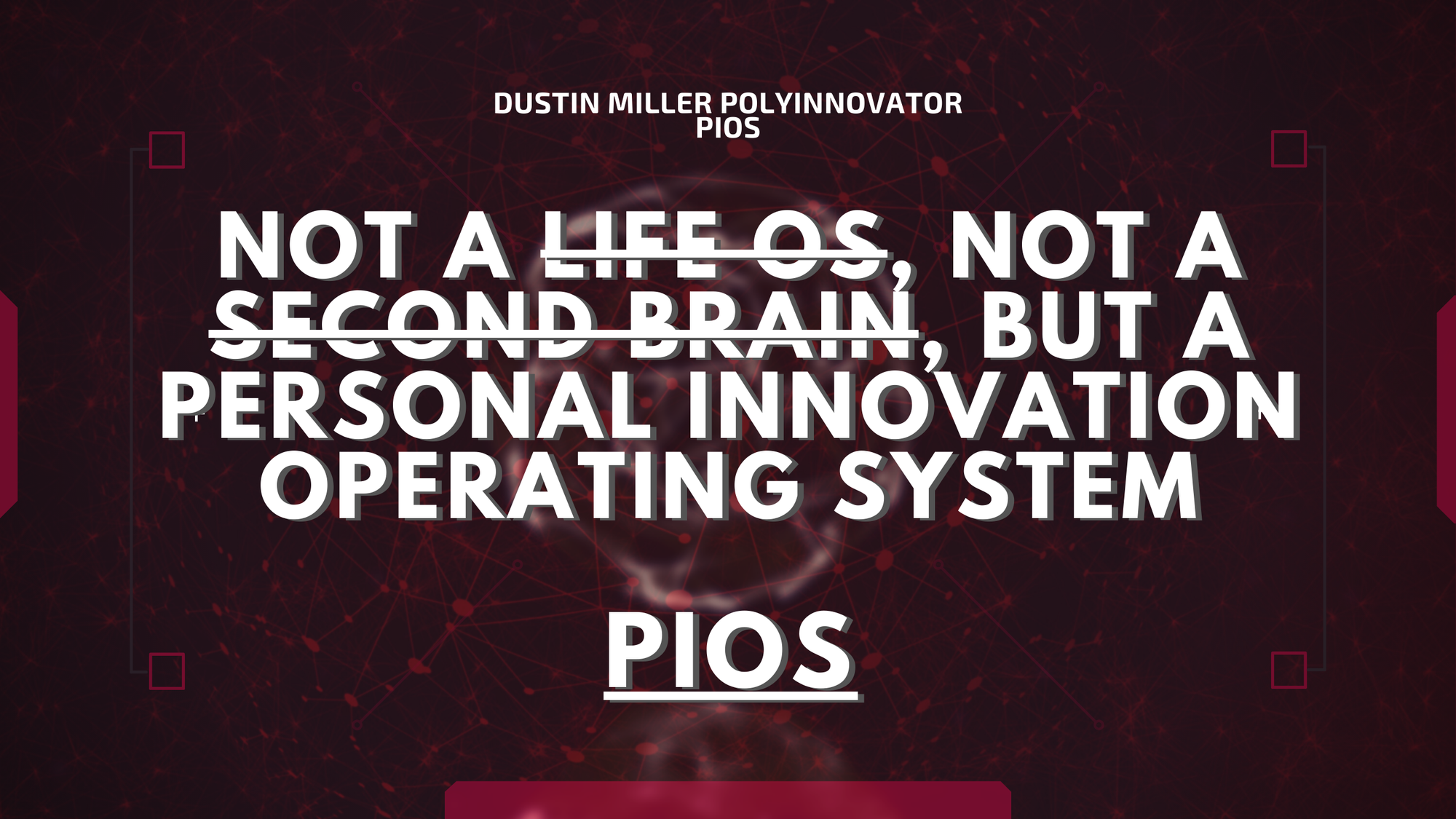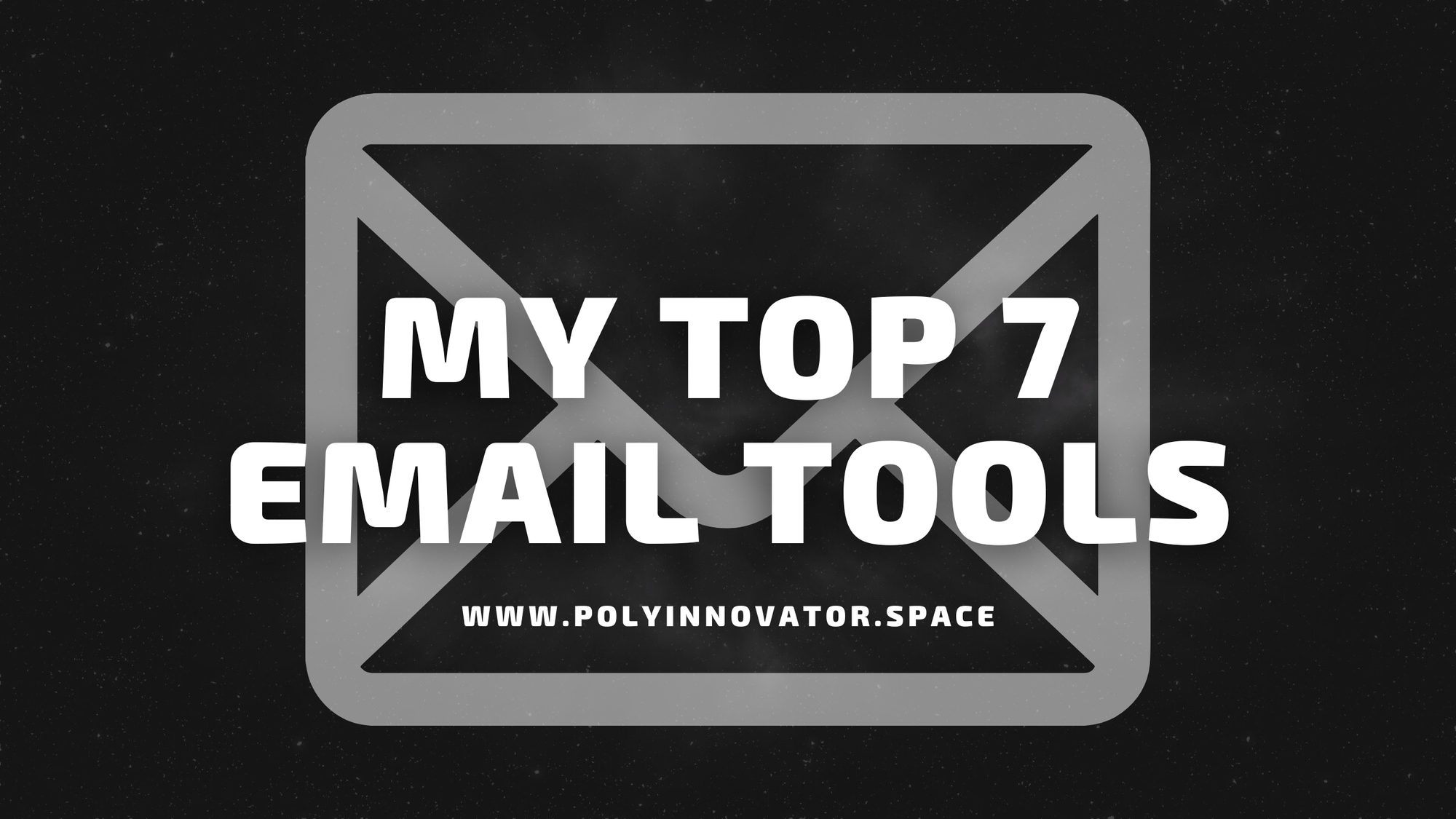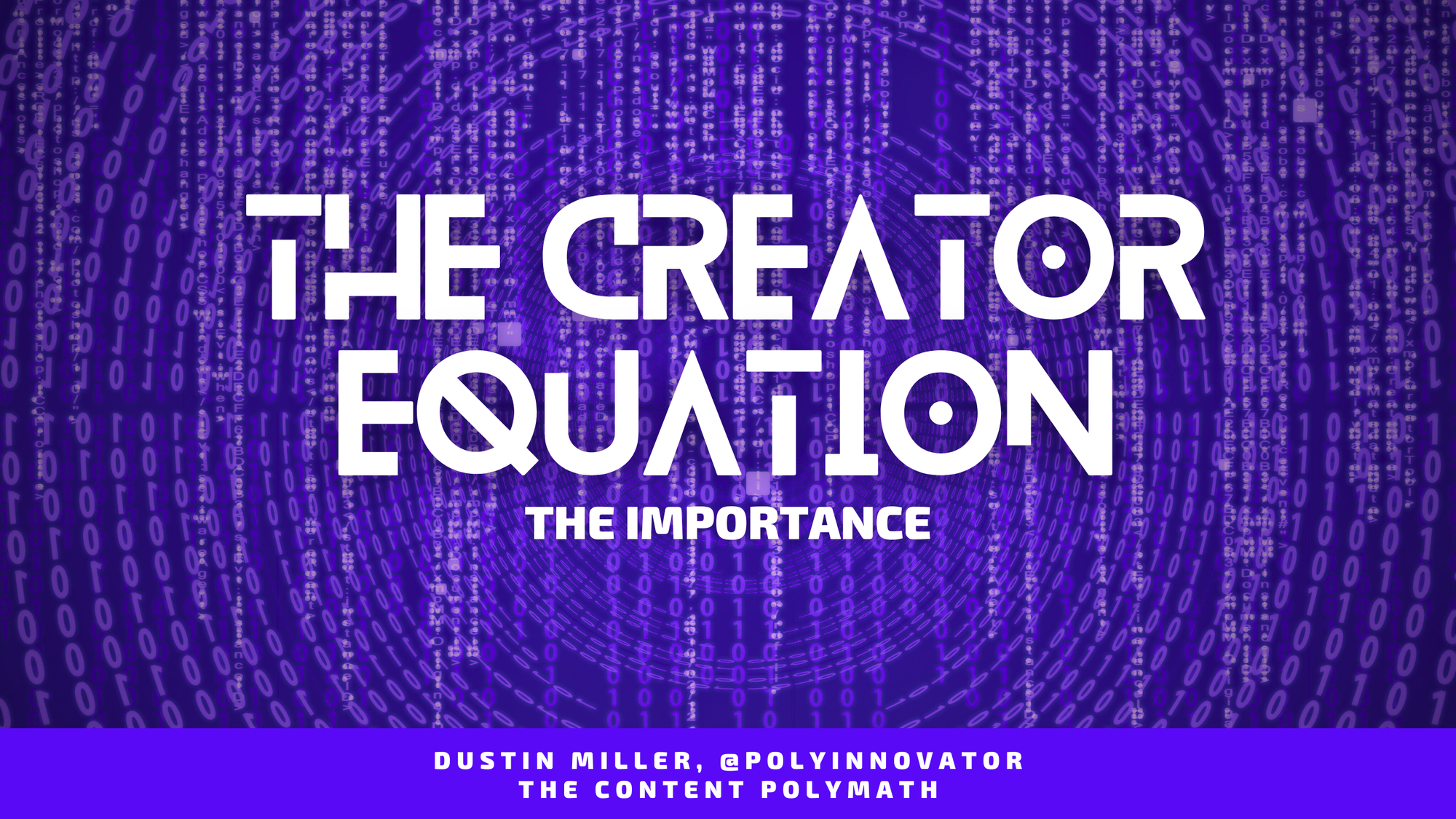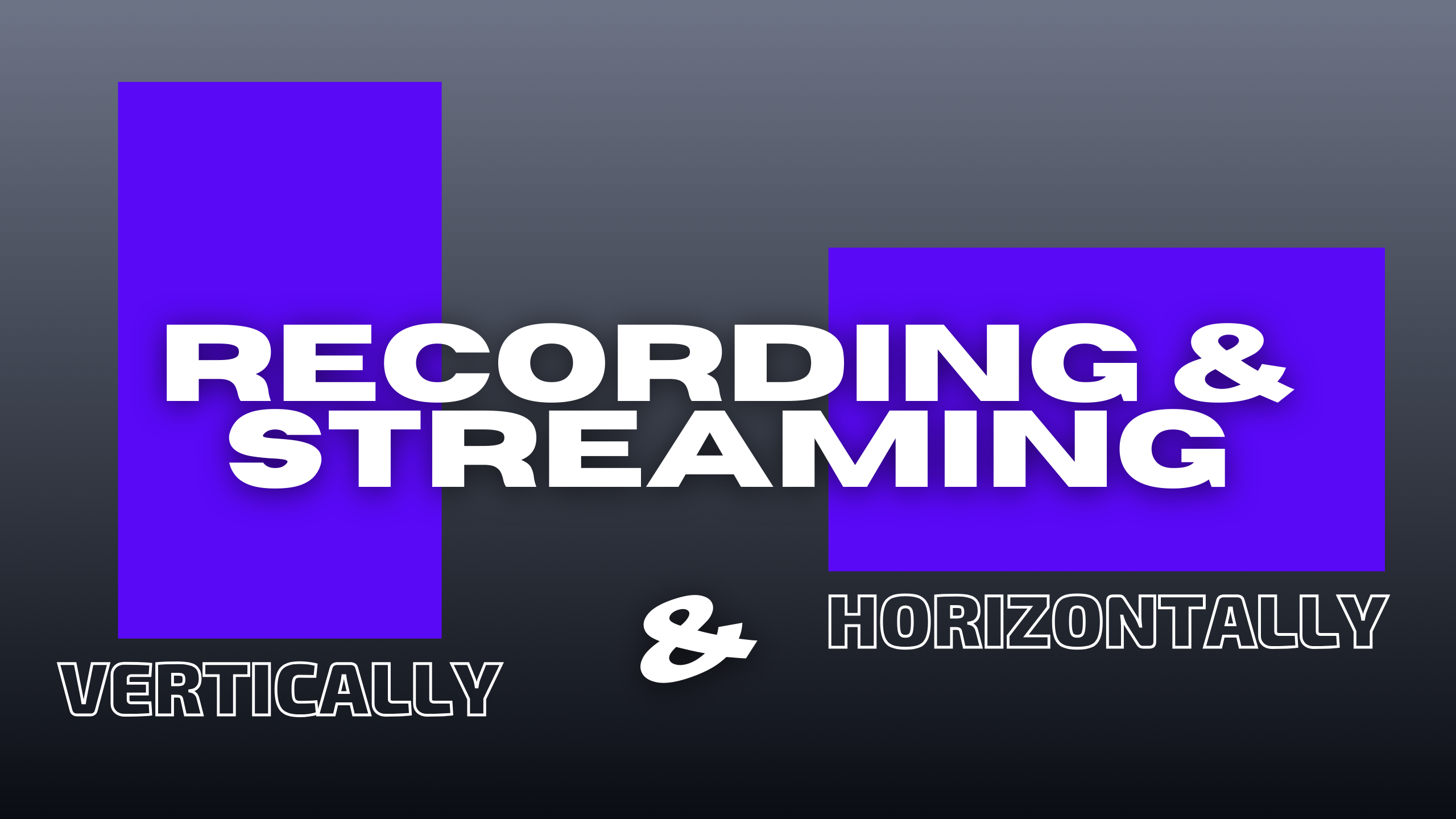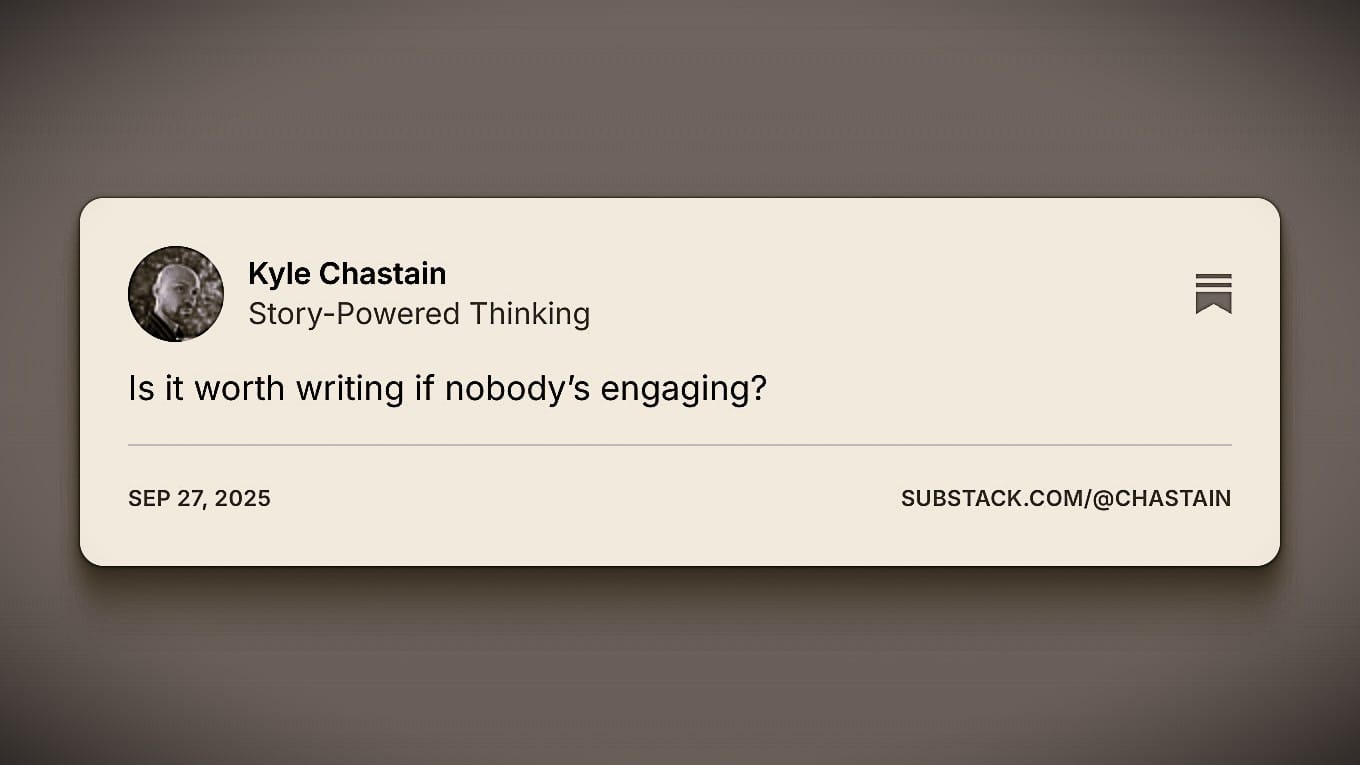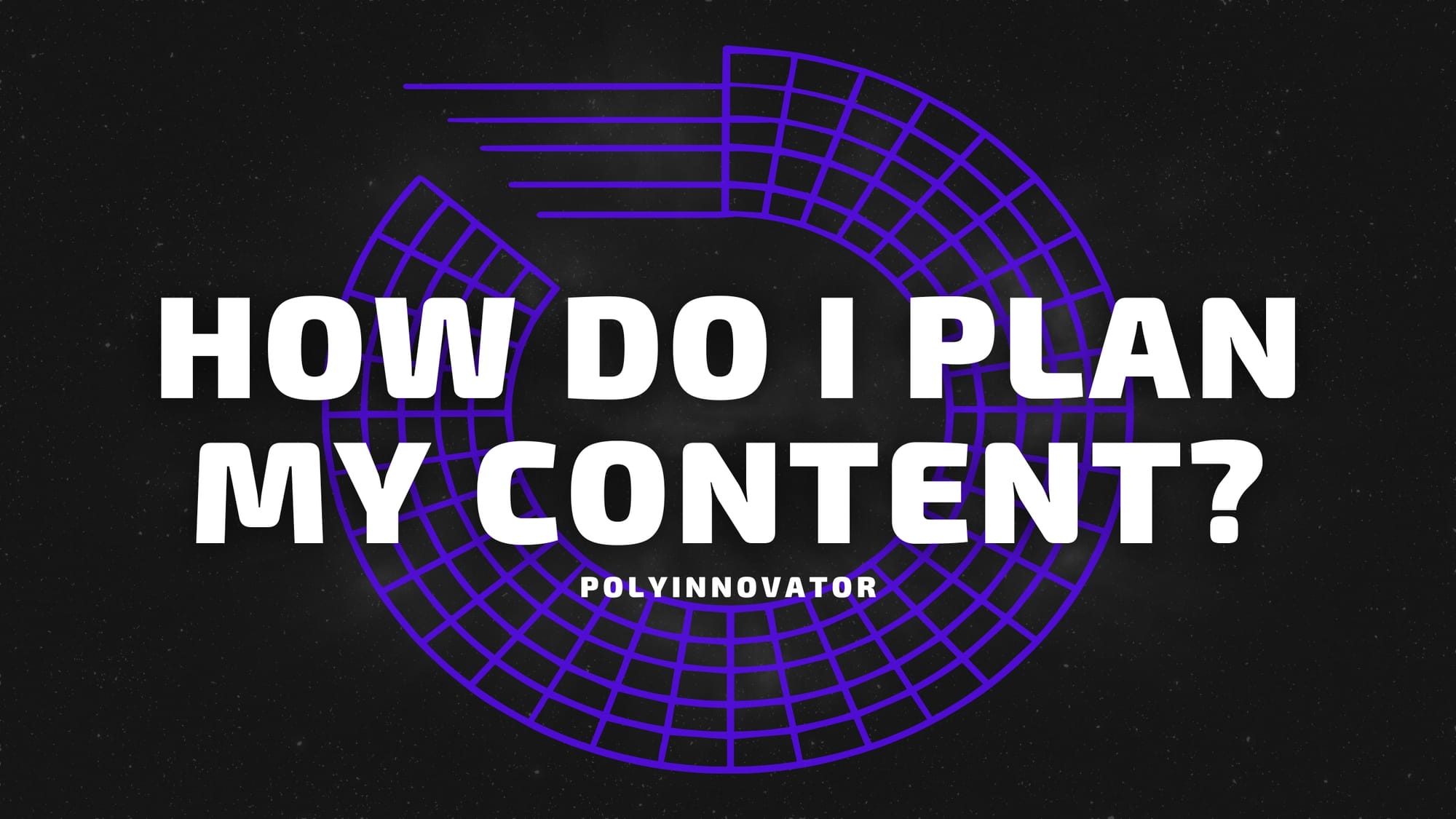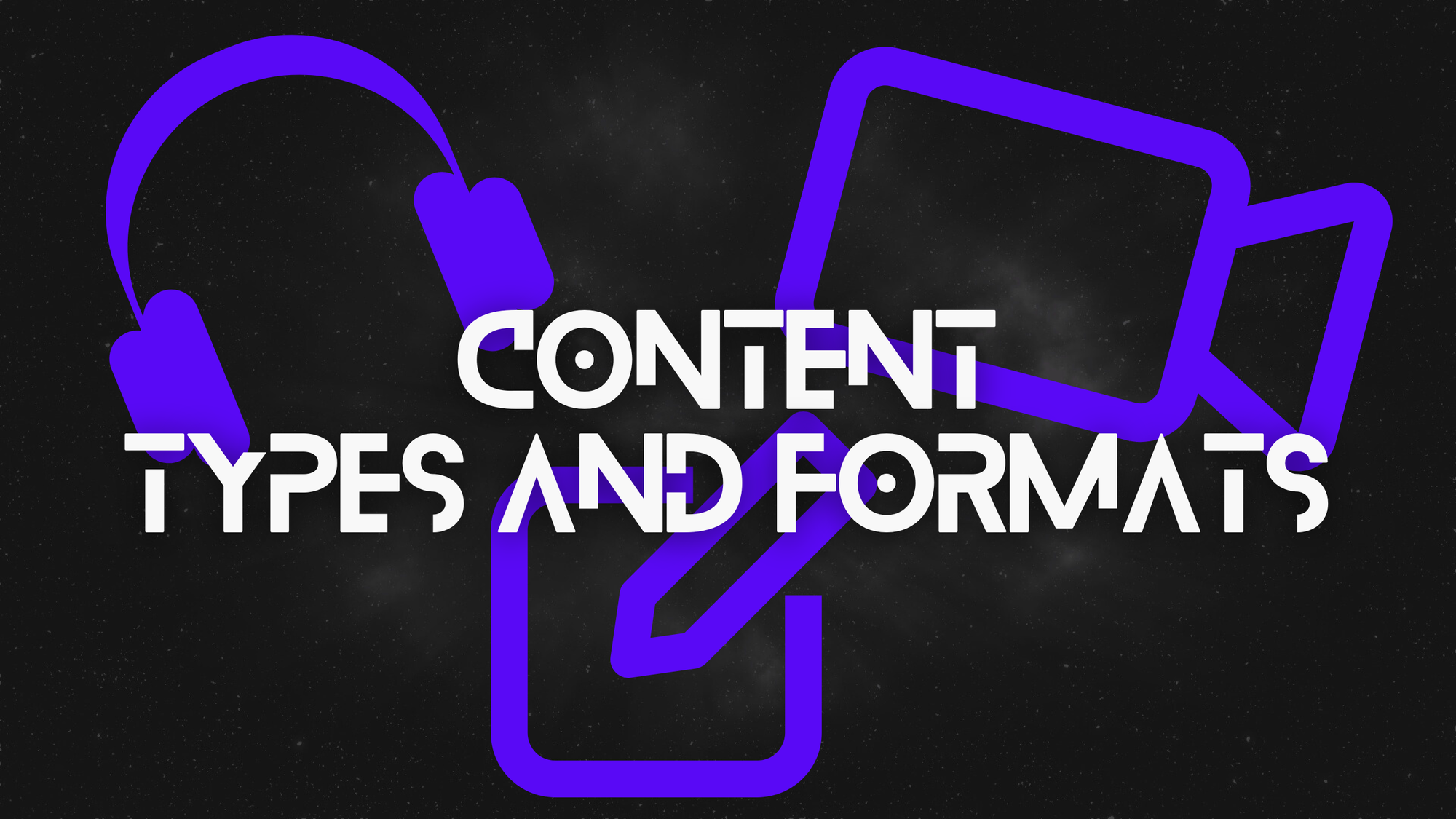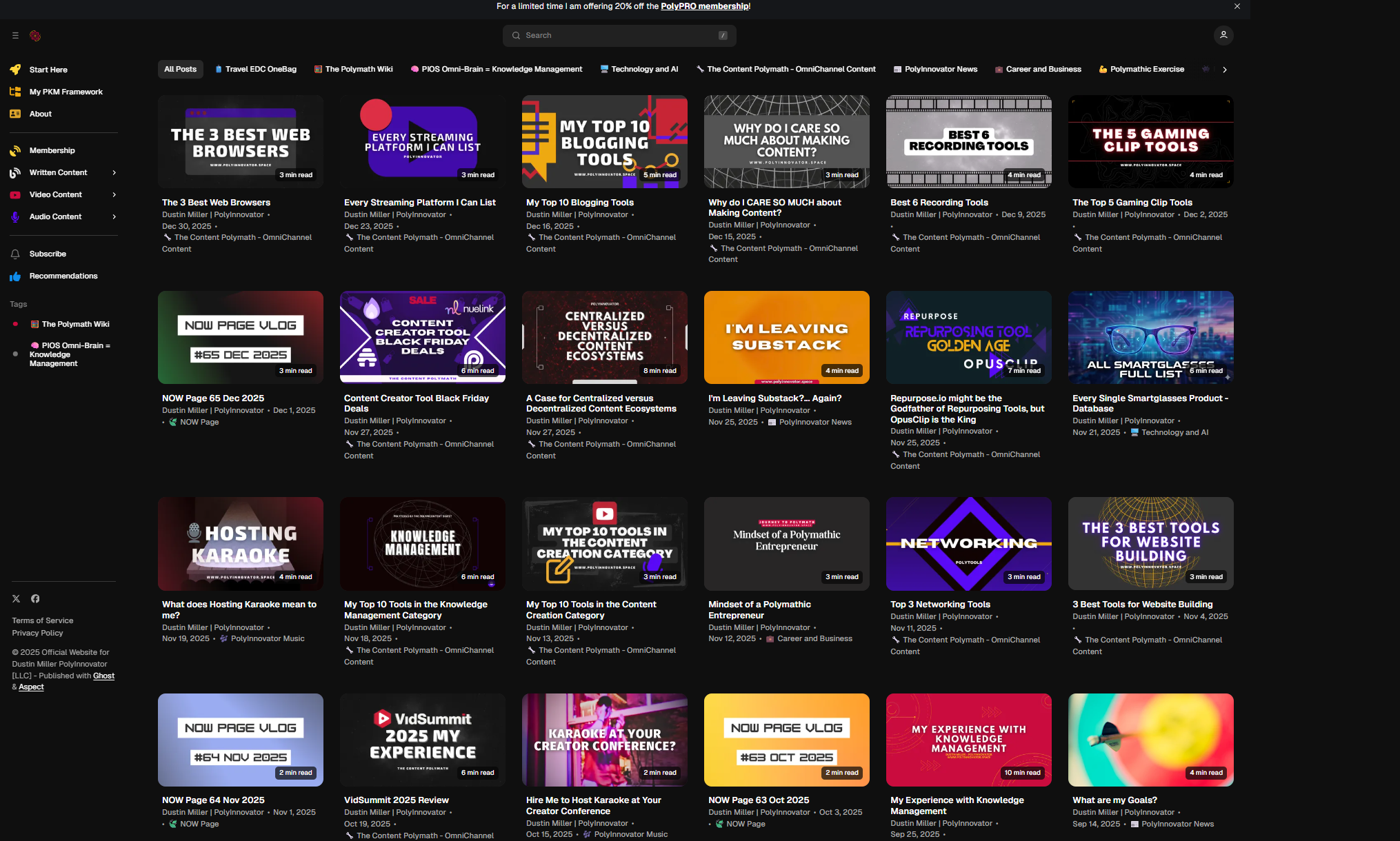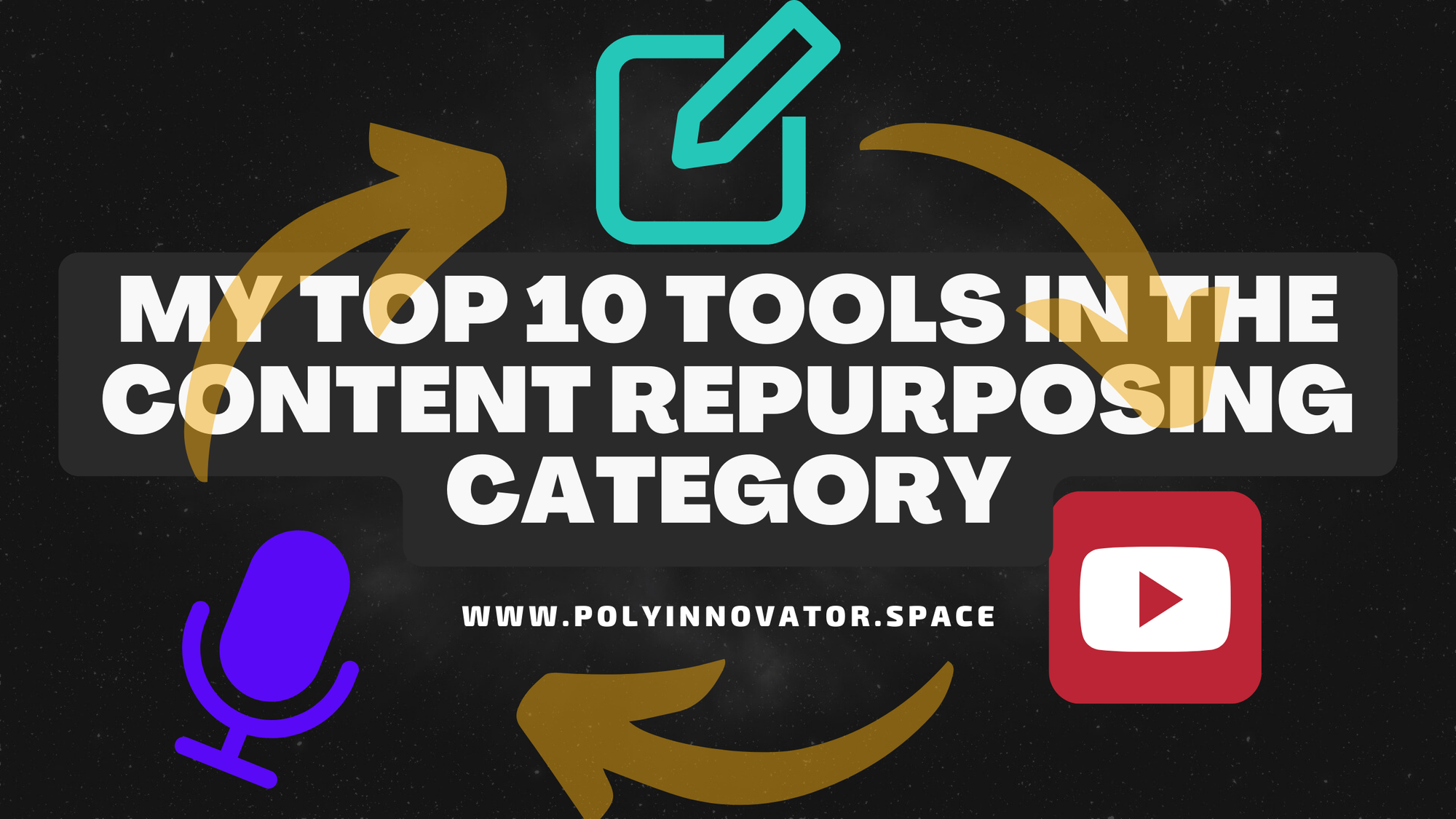The PIOS is a system I created to organize my polymathic life. It is tool or platform agnostic, built for modern apps in mind, and meant to help polymathic/multidisciplinary people. When you are a multi-expert, then there are a ton of avenues of focus you have to keep track of in life.
These are different methodologies for PKM, or Personal Knowledge Management, which were made with a similar goal in mind. To organize one's life for success, fulfillment, and overall purpose.
Personal Knowledge Management
In your life you have to keep track of what you are doing. Thus we use task management, habit trackers, and maybe on the bigger things... Project management. However they all come together, and in conjunction you get the PIOS.
PKM is about organizing the things that are not tasks directly, they aren't your habits, they are the notes and data in your life.
Being able to journal is an important ideal for the brain, to synthesize your thoughts, understand your emotions, and put down ideas for later.
What is a Second Brain?
A second brain refers to a system or method of organising and managing information to enhance learning, productivity, and personal growth.
https://www.studysmarter.co.uk/magazine/second-brain/
I thought that me rehashing the same description over and over wouldn't be helpful. Here is a quote from another source to share what it is. To be honest I would consider a secondbrain to be part of the PIOS.
Just that it doesn't fit holistically, and it isn't well suited for modern day tools, or for having multiple expertise.
What is a Life OS?
At its core, a Life OS is a place for everything in your life. It assimilates all the key ideas, information and tasks that come into your life, either from within or from external sources. It then stores them into the appropriate spheres of your life allowing you to find it easily when you want it. It also sorts through your action items and presents them back to you in the order of priority that suits you.
https://www.worklifewinrepeat.com/intro-to-life-os/
Very much like the second brain before it. It is all about managing information, however with a deeper focus on your life itself.
While a second brain is more tracking or organizing. A life os takes into account that not everything is trackable.
I think of Ikigai or Four Pillars in this case, where these are you major areas of life.
What I created: The PolyInnovation Operating System - PIOS
I wanted a system for polymaths like myself, or in my case proto-polymath. As in my opinion I'm still only getting started on this journey.
However that is the point, it is a journey, it is a system that is played out over the course of years and decades.
A second brain is the layer of organizing, and being able to retrieve your information. A Life OS is seeing the holistic approach to your life.
The PIOS takes all of that into account, and throws in the focus on input and output as well. Not to mention increases the layers.
What does that mean? Well secondbrains often follow the PARA method: projects, areas, resources, and archive. Which gives you basically 2-3 areas of management, and then the dump of archive at the end.
A life os often follows a similar structure. Only a few layers of abstraction. Its hard to generalize though, as there are many different templates or methodologies.
How is it different?
- Supra - Review + Planning
- Macro - Four Pillars + Ikigai Alignment
- Meso - Phases + Projects + Goals
- Micro - Tasks + Habits + Systems
- Nano - Input + Output Flow
- Pico - Archive / Other (I've been experimenting with doing more with this layer)
Taking in all time levels too, in more detail than other methodologies. Supra being more for the yearly level, Macro being quarterly, Meso - monthy, Micro - weekly, and Nano is the day to day.
With the final layer it does sort of work like the PARA, with the archive being in the end. However I don't see the archive as some locked vault, that the other methods do. I often put my old notes that need backed up, my templates, and more things that I would often refer back to.
Where the PIOS gets really different is the main layers. I mentioned the Four Pillars philosophy (mind, body, spirit, emotions), and Ikigai (vocation, passion, mission, profession). Those being the things that you align your actions towards.
The other thing that separates this methodology, is the Meso layer. While most focus on projects and then break those into goals or tasks. A 2 layer approach. I realized that we aren't just our projects. We also are our passions or areas of expertise. These are our focuses for the time NOW, meaning what niche we work in at this moment. Phases come and go, but they don't often leave us completely. So keeping the fire lit for an old passion, or sowing the seed for a new is a common process. This layer keeps track of that.
I could go into detail about every layer, but that is beyond the scope of this Post. I encourage you to find out more!
Much respect for previous methodologies!
They paved the way, and popularized secondbrains in the PKM culture. Pipes, Pillars, and Vaults, or PPV, that August Bradley created is another great example.
This is why you should have PIOS - PolyBrain instead of those other methods!
Hopefully from this post you can see that the PIOS just offers you MORE in terms of scope.
I do think there is a lot of overlap, and a lot of the templates really do work well together. In fact I would encourage you to try and mix and match as much as possible, try to get the best of all 3 worlds.
For some of you it may be the first time you have heard of these terms, and that is okay. Just focus on trying to understand knowledge management itself. That is the common theme between all three.
![Official Website for Dustin Miller PolyInnovator [LLC]](https://polyinnovator.space/content/images/2025/03/polyinnovator-logo-2024.png)

